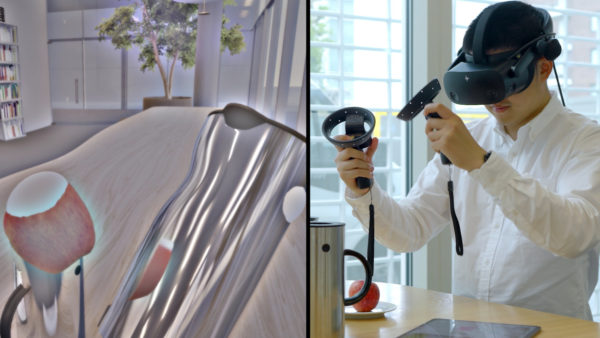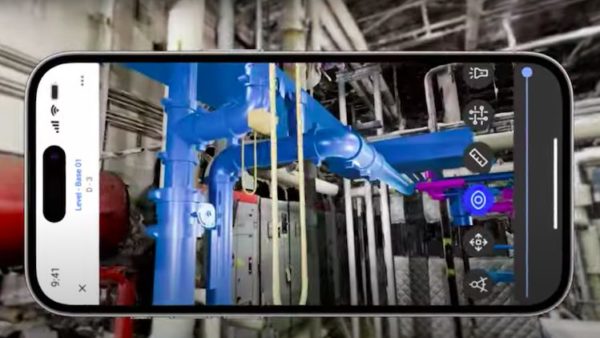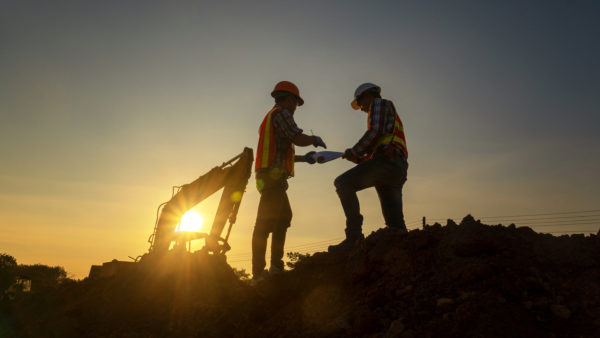A system to determine the energy and cost efficiency of commercial buildings is being developed by researchers including the University of the West of England (UWE Bristol).
Data collected from a network of small sensors will initially help experts paint an accurate picture of energy consumption in a number of test sites with a view to setting up a service to offer energy efficiency advice to businesses.
Called i-REAP, which stands for IoT-enabled Real-time Energy Analytics Platform, the two-year £1.5m collaborative R&D project is funded by the Department for Business, Energy and Industrial Strategy. It is led by engineering firm TerOpta, which is developing Internet of Things (IoT) enabled sensors for i-REAP.
Costain, one of the project partners, is providing five test sites across the UK in buildings belonging to the firm or its subcontractors.
Researchers from UWE Bristol’s Big Data Lab will initially carry out a feasibility study in the buildings, assessing the heating layout, staff sitting arrangements, office structure, orientation of buildings and building facade, materials, as well as insulation.
This project contributes to fast-forwarding the adoption of AI and IoT for energy savings and looks to help the building sector to move from ‘reactive’ to ‘predictive’ approaches in developing guidelines for ideal retrofitting actions and low carbon heating.– Professor Lukumon Oyedele, UWE Bristol
Starting this month, they will then install up to 80 IoT sensors inside and four outside each of the buildings. The sensors deployed inside will measure temperature, humidity and ambient light intensity, and externally temperature, humidity, wind speed and solar radiance.
By collecting data over six months, the researchers will be able to gather enough intelligence on the building to then give client advice on how the current building systems are functioning and how they could be improved by retrofitting the premises to make them more energy efficient and cost-effective. For instance, they may recommend making partitions double-glazed, or improving certain heating systems.
Professor Lukumon Oyedele is the principal researcher at UWE Bristol on the project and is assistant vice-chancellor and chair professor of enterprise and project management. He said: “This project contributes to fast-forwarding the adoption of AI and IoT for energy savings and looks to help the building sector to move from ‘reactive’ to ‘predictive’ approaches in developing guidelines for ideal retrofitting actions and low carbon heating.
“What makes it unique is also that we are able to analyse energy efficiencies in different sections of the building, at various times of the day and ultimately we want to see how commercial buildings can contribute to carbon neutrality.”
In the long term, the overall aim of i-REAP is to contribute to the UK’s 2050 net zero carbon strategy and provide enough information that will feed into policy formulation for commercial buildings.
The experts working on the project hope that this will contribute to fast-forwarding the adoption of AI and IoT for energy savings and help the building sector move from “reactive” to “predictive” approaches, developing guidelines for ideal retrofitting actions and low carbon heating.
Another social impact of the scheme could lead businesses to generate their own electricity, but rather than pushing it back to the grid, using if for their own purposes.
Professor Oyedele added: “Pushing self-generated electricity to the grid gives rise to a cost, which ultimately is passed on to other consumers through their electricity bills. If buildings are more efficient, the organisations may be able to generate electricity that only they use, thereby avoiding the extra cost.”















